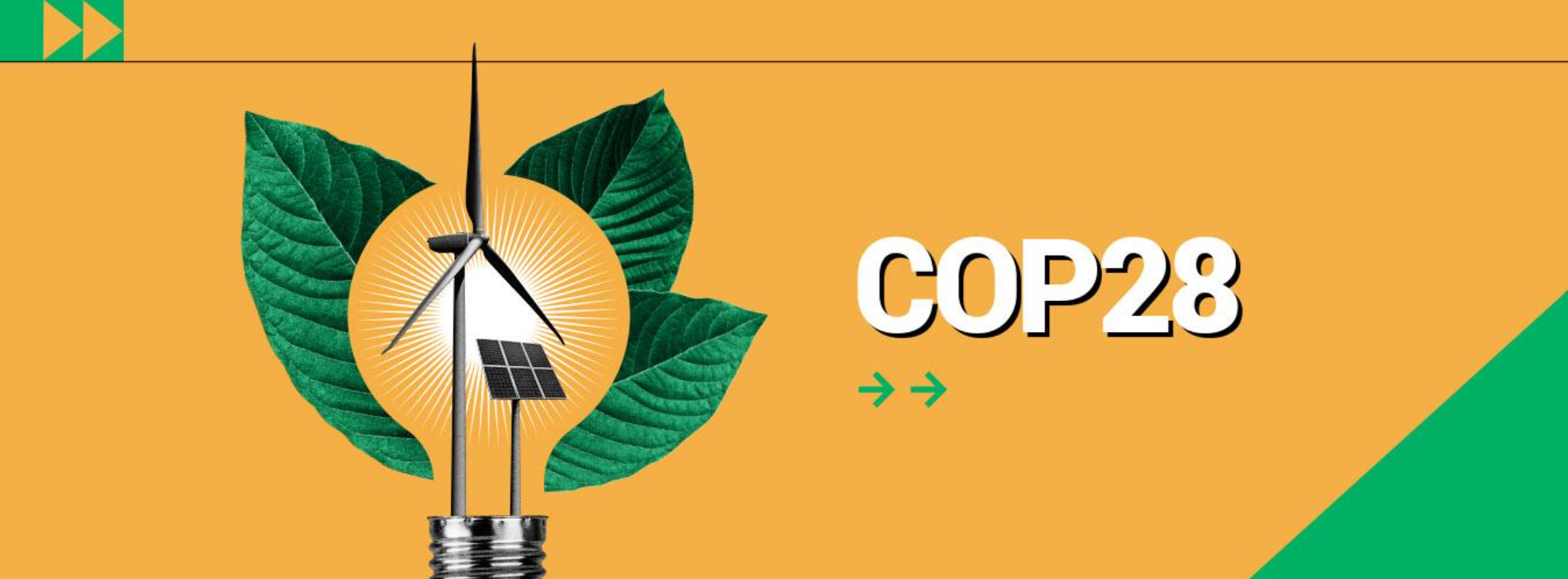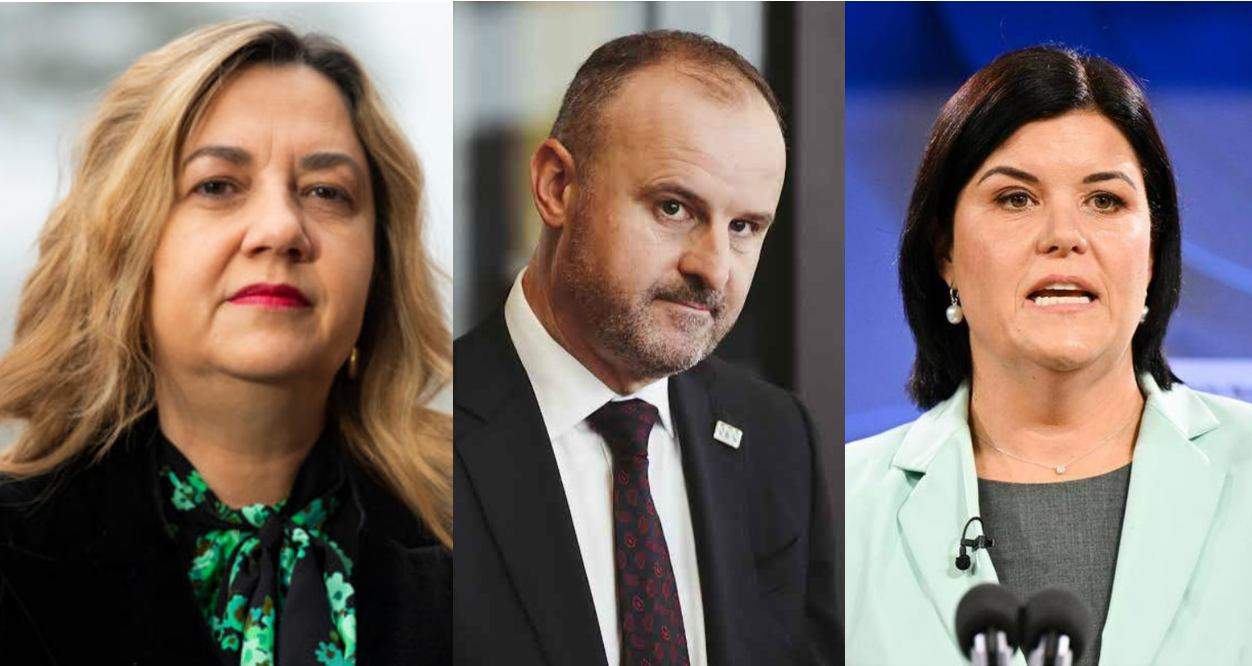The 28th session of the Conference of the Parties (COP28) to the UN Framework Convention on Climate Change (UNFCCC) is well underway in Dubai, United Arab Emirates.
Nexus APAC’s advisor for environment and sustainability, Arielle Irving, shares key insights below into the process behind the global climate talks and what they mean for Australia, as well as the agenda items that are critical at this year’s Conference.
The annual Conference of the Parties is a two-week-long series of talks and negotiations and is one of the most important global meetings on climate change. It was in 2015 at COP21 in Paris that a universal agreement on tackling the climate crisis, the Paris Agreement, was formulated. In the years since 2015, COP meetings have largely focussed on how goals set under this Agreement will be met.
The agenda discussions at COP28 were projected to include the first global assessment of progress, the Global Stocktake (GST), since the Paris Agreement, against its goal of limiting global warming to well below 2 degrees while aiming for a cap of 1.5 degrees above pre-industrial levels.
At this year’s event, His Majesty King Charles III made a sobering opening address, which included remarks that he ‘pray[s]… COP28 will be another critical turning point towards genuine transformational action….when…we are seeing alarming tipping points reached.’
Pope Francis had initially confirmed attendance but has cancelled due to ongoing treatment for lung inflammation, according to a recent Vatican announcement. Notably, US President Joe Biden is being represented by Vice President Kamala Harris, and Australian Prime Minister the Hon Anthony Albanese MP is not expected to attend.
COP27
In 2022, the new Minister for Climate Change and Energy, the Hon Chris Bowen MP, attended and presented to the COP27 summit in Sharm el-Sheikh, Egypt.
COP27 outcomes included a commitment to a ‘loss and damage’ fund, an element of the agenda that was not confirmed until the night before the beginning of the conference. The term ‘loss and damage’ refers to the negative consequences that arise from the unavoidable risks of climate change, including rising sea levels, prolonged heat waves, species extinction and crop failures.
Australia was part of a contingent of countries that advocated for a fund to be paid through a variety of channels, including multilateral development banks and existing climate funds, as well as higher-income countries. The establishment of the Loss and Damage Fund at COP27 for many, was the culmination of several years of work in advocacy by climate-vulnerable developing nations. Such a fund has been a key ask of Pacific nations for decades in climate negotiations.
Elsewhere on the agenda, several countries fought a rearguard action to keep the previously agreed goal of an attempt to limit global heating to 1.5 degrees. During this debate, Minister Bowen argued that such an action would be a ‘backslide’ from the pact made at Glasgow and a statement that countries were ‘prepared to accept substantially worse climate breakdown’.
Minister Bowen argued that the 1.5 goal should remain in text and advocated a need for large-scale uptake of renewable energy. As noted by UN Secretary-General António Guterres, “COP27 conclude[d] with much homework and little time.”
COP28
Australia’s Role
A number of Australian dignitaries, including Minister for Climate Change and Energy, the Hon Chris Bowen MP, Assistant Minister for Climate Change and Energy, Senator the Hon Jenny McAllister, and Assistant Minister for Health and Aged Care, the Hon Ged Kearney MP, have travelled to the United Arab Emirates.
Assistant Minister McAllister has accepted an invitation by COP28 President-Designate, Dr Sultan Al Jaber to facilitate consultations to reach outcomes on adaptation at the climate conference, along with Chile’s Minister for the Environment, Maisa Rojas. This role will mean Assistant Minister McAllister leads in one of the key emerging areas of negotiation at COP as the world increasingly focuses on plans for adaptation to the impacts of climate change.
As part of the announcement of her role, Assistant Minister McAllister noted Australia is ‘acting on climate change at home and contributing to the global effort. Climate adaptation is a priority for our region, particularly for our Pacific Island neighbours.’ She also noted that the international appointment complements the Albanese Government’s domestic work on adaptation, including the National Climate Risk Assessment and the development of a National Adaptation Plan. She also noted the invitation builds on Australia’s contributions to the facilitation of discussion at COP27 on climate finance.
Minister Bowen has used recent public fora in the lead-up to COP28 to signal that Pacific countries and other nations that are most vulnerable to the impacts of climate change should be major beneficiaries of funding via a loss and damage fund. Broadly, this funding could be contributed to by a range of countries along with the private sector. Minister Bowen noted to the Lowy Institute that the Government had already ‘contributed constructively to the design of the new fund and future funding arrangements.’
On Sunday, 3rd December, Assistant Minister Kearney launched Australia’s first National Health and Climate Strategy as part of Australia’s delegation to Dubai. The 3rd of December also marked COP28’s first-ever Health Day, which signals the growing global consideration of health within the climate change agenda.
On the Agenda
On the first day of the Conference, COP28 President-Designate Dr Al Jaber announced an agreement had been reached on the set-up of a new Loss and Damage Fund. In practice, this meant nations were able to announce their contributions to the Fund, including $US17.5 million from the US, US$100 million from the United Arab Emirates and $US245.3 million from the European Union. It is expected that continuing discussions will centre around language surrounding the phaseout of fossil fuels. Minister Bowen has also indicated that Australia would be advocating for stronger mitigation language.
In light of a strong focus on energy prices and a transition to renewable energy in Canberra both last and this week, Minister Bowen has also noted Australia’s ‘reasonably unique’ role as a country that has experienced ‘the transition away from a fossil fuel-based economy and its practical implications.’
COP28 Key Agenda Items in Summary:
- A Global Stocktake assessment of whether the world is on track to meet its goals under the Paris Agreement.
- Negotiations over a loss and damage fund, historically agreed to at the conclusion of COP27.
COP29 and Beyond
Whilst COP28 is only just taking place, there has been broad commentary on the finalisation of hosting duties for future Conferences.
As part of an Albanese election promise for a new era in Australian climate policy, the Australian Labor Party pledged to bid to co-host a ‘future Conference of the Parties (COP) in Australia with Pacific partner countries.’ At the time of the election of the Labor Government, the host nations of COP27 in 2022 (Egypt) and COP28 in 2023 (United Arab Emirates) had already been announced. As COPs are generally held in November and December, the next conference, COP29, may fall beyond the next federal election.
Did You Know – Rights to host gatherings for COP rotate between the United Nations’ five global regions, with Eastern Europe set to host in 2024.
The 23 countries that make up that region must select their host candidate unanimously, though the group is also able to relinquish its turn. The COP Presidency is subject to yearly rotation amongst the five global regions, and it is usual that the party holding the Presidency will also host the conference. According to a UNFCCC guide published in 2020, the Secretariat will conduct a fact-finding mission to assess the proposed host city and possible venues 18 months ahead of the tentative date for the COP.
In November 2022, Minister Bowen announced the Government had decided against bidding for hosting duties for COP29, citing the timeframe and geopolitical considerations, but would bid to host COP31, the Conference scheduled for 2026. He also noted that “A Conference of the Parties, as well as being an important discussion, is also the world’s biggest trade fair…there is an opportunity if we win the bid – to show Australia’s capacity to help the world as a renewable energy powerhouse.”
The 2026 talks are open to the Western European and Other States regional group, which includes Australia.
As of this week, there has been no official confirmation of where COP29 will convene, a consensus on which has been made challenging in light of geopolitical tensions in the regional group of Eastern Europe, due to host the Conference next year. As per the convention in which a COP host is announced by the UNFCCC one year in advance, the official announcement of the host country for COP29 will be formally announced at the 28th Conference and, therefore, in the coming days.
Suggested articles and useful resources:
- The Climate Council: COP28: What to Expect
- The Australian Pavilion at COP28’s Engagement Hub
- The Australia Institute: COP29 in Australia (May 2022)
- The Washington Post: COP28 Useful Insights
Latest posts by Nexus APAC (see all)
- Reliable Polling – What It Means for Australia’s Next Election - July 22, 2024
- United Kingdom General Election 2024: Sunak vs Starmer – In a Nutshell - June 22, 2024
- State of the State Budgets 2024 - June 11, 2024



